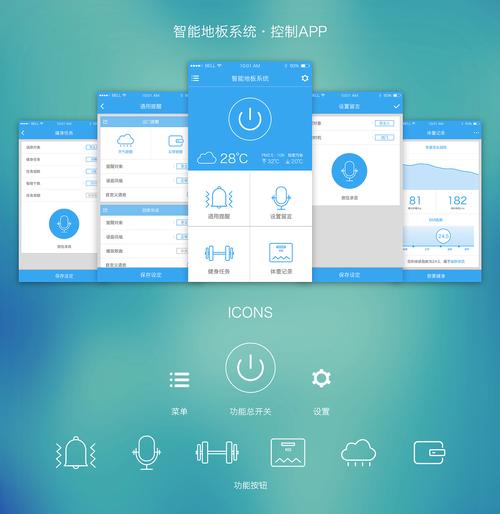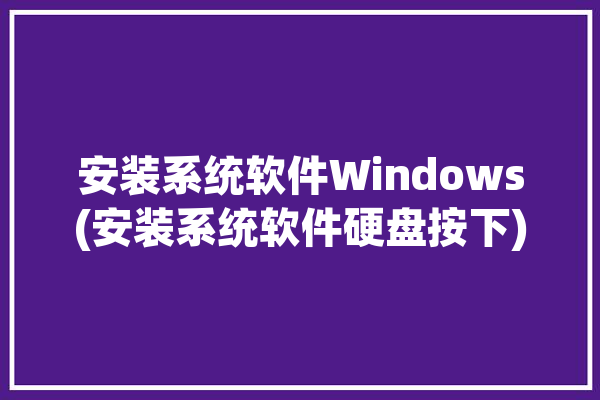import timeimport subprocess# 点击某个位置subprocess.getoutput(f"adb -s Y2J7N17C27000069 shell input tap 564 1861")time.sleep(2)subprocess.getoutput(f"adb -s Y2J7N17C27000069 shell input tap 188 980")subprocess.getoutput(f"adb -s Y2J7N17C27000069 shell input tap 869 1808")time.sleep(4)subprocess.getoutput(f"adb -s Y2J7N17C27000069 shell input tap 320 965")# 输入数据subprocess.getoutput(f"adb -s Y2J7N17C27000069 shell input text 15850501595")# 按返回键subprocess.getoutput(f"adb -s Y2J7N17C27000069 shell input keyevent KEYCODE_BACK")subprocess.getoutput(f"adb -s Y2J7N17C27000069 shell input tap 512 1120")# 输入数据subprocess.getoutput(f"adb -s Y2J7N17C27000069 shell input text 15850501595")subprocess.getoutput(f"adb -s Y2J7N17C27000069 shell input keyevent KEYCODE_BACK")subprocess.getoutput(f"adb -s Y2J7N17C27000069 shell input tap 843 1824")6、adb常用命令- 查看手机设备:adb devices- 查看设备型号:adb shell getprop ro.product.model- 查看电池信息:adb shell dumpsys battery- 查看设备ID:adb shell settings get secure android_id- 查看设备IMEI:adb shell dumpsys iphonesubinfo- 查看Android版本:adb shell getprop ro.build.version.release- 查看手机网络信息:adb shell ifconfig- 查看设备日志:adb logcat- 重启手机设备:adb reboot- 安装一个apk:adb install /path/demo.apk- 卸载一个apk:adb uninstall <package>- 查看系统运行进程:adb shell ps- 查看系统磁盘情况:adb shell ls /path/- 手机设备截屏:adb shell screencap -p /sdcard/aa.png- 手机文件下载到电脑:adb pull /sdcard/aa.png ./- 电脑文件上传到手机:adb push aa.png /data/local/- 手机设备录像:adb shell screenrecord /sdcard/ab.mp4- 手机屏幕分辨率:adb shell wm size- 手机屏幕密度:adb shell wm density- 手机屏幕点击:adb -s xxxxxxxxxxxxxxxxxxxxxxxxx shell input tap xvalue yvalue- 手机屏幕滑动:adb shell input swipe 1000 1500 200 200- 手机屏幕带时间滑动:adb shell input swipe 1000 1500 0 0 1000- 手机文本输入:adb shell input text xxxxx- 手机键盘事件:adb shell input keyevent xxxx2、Android无障碍这种方式是使用Android无障碍功能实现自动控制APP的效果需要开启Android无障碍功能,然后编写Android代码来控制另外的APP应用2.1、特点这种方式需要开发者对Android有一些开发经验优点是:可以用Android开发出独立的apk安装包,安装到普通用户手机里,方便用户使用2.2、使用步骤1、安装Android SDK、安装Android Studio具体细节略过,自行google安装安装完毕后,配置好ANDROID_HOME环境变量2、使用Android自带的tool工具Android在level-21和之前的低版本,安装完毕后有一个tool工具包,但是高版本移除了此工具包所以在安装SDK时还需要加上level-21版本使用Android自带的tool工具,主要是为了查看APP的页面布局和元素但是monitor已经不可用了,只能使用uiAutormatorViewer3、利用uiAutormatorViewer工具找到元素信息用uiAutormatorViewer查看页面元素所在的x,y轴的布局然后编写Android代码控制点击等效果此工具显示出来的界面如下:4、代码示例在AndroidManifest.xml代码里配置无障碍service,然后实现AccessibilityService类,实现onAccessibilityEvent方法后续手机界面如果有变动,内部会自动触发调用onAccessibilityEvent方法public class XXXXXAccessibilityService extends AccessibilityService { @Override public void onInterrupt() { } @Override public void onAccessibilityEvent(AccessibilityEvent event) { Log.e("无障碍", "来了"); // 创建线程去执行任务 new Thread(new Runnable() { @Override public void run() { // 后续代码 } }).start(); }}无障碍功能本身也提供了多种寻找页面元素的方法,比如:/ 根据ID找元素 /private AccessibilityNodeInfo findNodeById(String id) { AccessibilityNodeInfo root = getRootInActiveWindow(); if (root == null) { return null; } List<AccessibilityNodeInfo> nodeList = root.findAccessibilityNodeInfosByViewId(id); if (nodeList != null) { for (int i = 0; i < nodeList.size(); i++) { AccessibilityNodeInfo node = nodeList.get(i); if (node != null) { return node; } } } return null;}3、Python + AppiumPython加Appium可以组合成为一种自动化测试工具,可以用于测试和自动化控制移动端APP3.1、特点这种方式可以自动化操作APP,但是使用者基本是开发者,普通用户很难完成这一系列的操作但是也有个优点,有些页面标记为不可点击的元素,通过这种方式是可以点击的Appium提供了更多的寻找页面元素的方式,比如uiautomator、xpath、id等3.2、使用步骤1、安装Python此处略过步骤,自行google2、安装Appium老版本的Appium直接包含了Appium server 和 Appium inspector,新版本的Appium安装完毕后,需要在单独安装Appium inspector通过Appium inspector可以查看手机当前页面的xml布局# 安装appiumnpm i --location=global appium# 安装自动查看UI页面的驱动appium uiautomator2driver# 安装inspector下载安装地址:https://github.com/appium/appium-inspector?tab=readme-ov-file# 启动serverappium server --use-driver=uiautomator2# 安装客户端,代码里会使用 appium-python-client 与server通信,# 然后server在将指令下发到手机里的appium端pip3 install appium-python-client3、使用过程安装完毕后,就可以通过Python代码控制App了启动Appium-server,appium uiautomator2driver启动Appium inspector,配置好手机,然后点击start session,界面如下:通过Appium inspector查看页面布局和元素,找出目标元素编写代码device_app_info = AppiumOptions()# 操作系统device_app_info.set_capability('platformName', 'Android')# 操作系统版本# device_app_info.set_capability('platformVersion', '10')device_app_info.set_capability('platformVersion', '9')# 设备名称# device_app_info.set_capability('deviceName', '46F4C19402000952')device_app_info.set_capability('deviceName', 'Y2J7N17C27000069')# app packagedevice_app_info.set_capability('appPackage', 'cn.damai')# app activity namedevice_app_info.set_capability('appActivity', '.launcher.splash.SplashMainActivity')# 使用uiautomator2驱动device_app_info.set_capability('automationName', 'UiAutomator2')# 连接appium server,server地址查看appium启动信息driver = webdriver.Remote('http://127.0.0.1:4723', options=device_app_info)# 找到元素,控制元素buy_btn = driver.find_element(AppiumBy.ANDROID_UIAUTOMATOR, 'new UiSelector().resourceId("cn.damai:id/trade_project_detail_purchase_status_bar_container_fl")')if buy_btn: buy_btn.click()4、总结以上3种方式都可以用于自动化控制移动端APP,但是又各有适用的场景读者需根据实际情况选择其中的一种方式来实现自动化控制以上的方式也可以认为是一种爬虫还有一些自动化的方式是:先分析api请求,然后逆向分析js或者逆向分析apk包,破解其中的加密方式然后直接调用api,这种方式后面单独讲解本篇完结欢迎点赞 关注 收藏
原文链接:3种方式自动化控制APP、3种方式自动化控制APP - 不焦躁的程序员

(图片来源网络,侵删)








0 评论